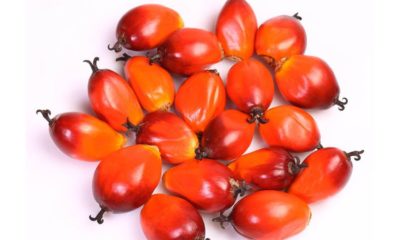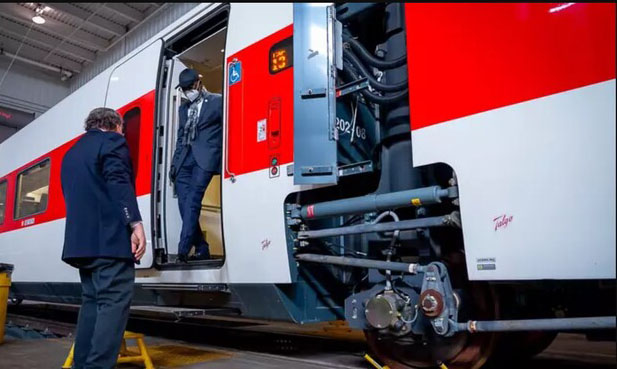Nigeria’s local rising production of palm oil has reduced the importation of the goods from China, India, and Malaysia, thereby boosting the local market.
Recall that Nigeria initiated the backward integration program in 2011 as part of efforts to reclaim its losing effort among global palm oil producers. However, it wasn’t until 2018 that it got momentum.
Investors King, in 2019, gave a comprehensive data analysis of Nigeria’s palm oil importation in Q1 2019. While quoting a data released by the Malaysian Palm Oil Council (MPOC), Investors King reported that Nigeria’s palm oil import from the country rose by 57 percent to 112,480 metric tons (MT) in the first quarter of 2019, up from 47,974 MT recorded in the same quarter of 2018.
In light of this, industry experts said Nigeria’s crude palm oil production was less competitive when compared with the imported ones due to infrastructural limitations and the high cost of production.
This, experts blamed for the surge in the importation of foreign crude palm oil by local manufacturers who used CPO as raw materials.
However, the likes of PZ Wilmar, Dufil Prima Foods, Agric Palm Limited, Presco, and Okomu Oil Palm Company, among others, enacted significant changes through their investments in establishing backward integration projects.
Industry experts have noted that the constant decline in the volume of importation is as a result of the arrival of new players, as well as the significant expansions of existing plantation owners, which have helped in boosting local production.
Despite these developments, experts have noted that production is not keeping up with Nigeria’s rapidly growing population.
Former Executive Secretary of the Plantation Owners in Nigeria, Fatai Afolabi said: “There is no doubt that Nigeria’s palm oil production is increasing and will continue to be on the rise owing to the backward integration projects by many producers. This is reducing our importation.”
“Existing players like Okomu and Presco have doubled their plantations and increased production by 100 percent when compared to their status five years ago,” he added.
In Africa’s most populous country, about 90% of palm oil is used in food production, with the remaining 10% going to the non-foods business. This includes – detergent, Shampoo, Lipstick, and many more.
The national president of the Oil Palm Growers Association of Nigeria, Igwe Hilary Uche, explained that the recent investments in processing mills have resulted in a significant increase in palm oil production in the country.
“There is serious expansion by existing plantation owners and this is impacting our production,” he said.
“Production will further increase when the government starts giving much attention to smallholder farmers, that produce 80 percent of the country’s production, in the way it ought to,” he added.

 Naira4 weeks ago
Naira4 weeks ago
 News3 weeks ago
News3 weeks ago
 Education4 weeks ago
Education4 weeks ago
 Social Media4 weeks ago
Social Media4 weeks ago
 Technology4 weeks ago
Technology4 weeks ago
 Investment4 weeks ago
Investment4 weeks ago
 Dividends4 weeks ago
Dividends4 weeks ago
 Economy4 weeks ago
Economy4 weeks ago



















